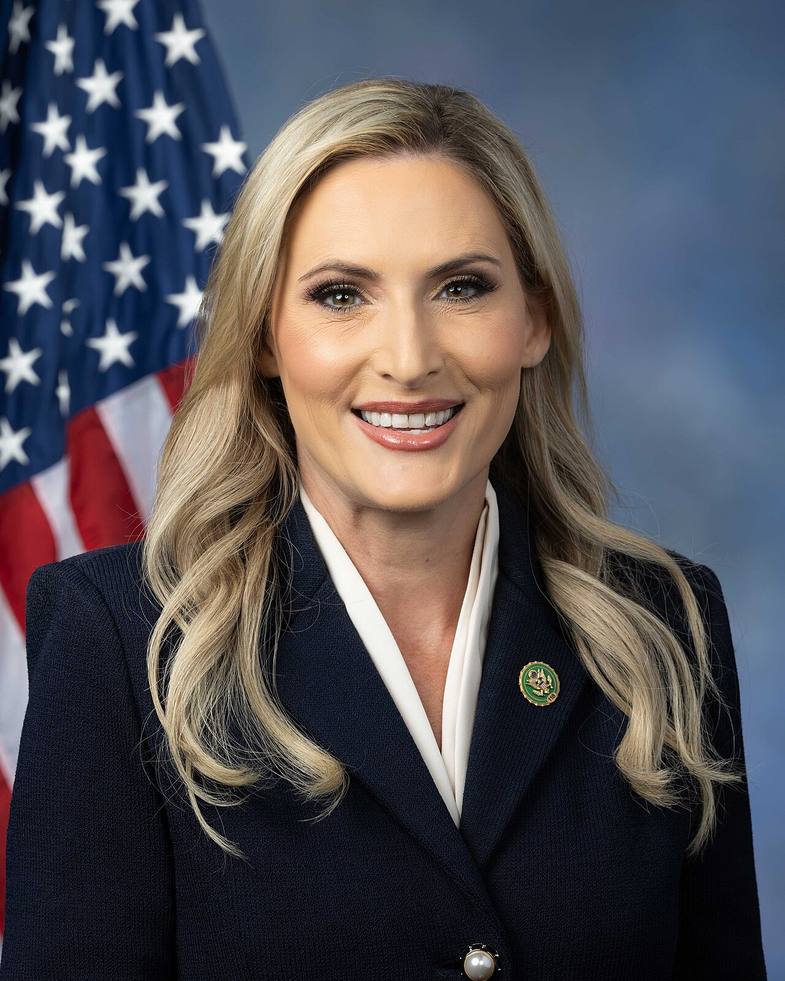H.R. 2423: Unfair Tax Prevention Act
The bill known as the Unfair Tax Prevention Act proposes changes to the Internal Revenue Code regarding the base erosion and anti-abuse tax (BEAT), specifically focusing on entities connected to foreign jurisdictions that impose an extraterritorial tax. Here’s a breakdown of the key components of the bill:
Purpose and Overview
The main aim of the bill is to modify how the BEAT applies to foreign-owned entities that are subject to an extraterritorial tax. An extraterritorial tax, as defined in the bill, is a tax imposed by a foreign country based on income or profits associated with a corporation, determined by the connections between the entities involved.
Definitions
- Foreign-owned extraterritorial tax regime entity: This term refers to any entity controlled by a foreign organization that faces an extraterritorial tax.
- Extraterritorial tax: Any tax imposed by a foreign country related to the income or profits of a controlled corporation.
- Foreign entity: Defined as any non-individual foreign person, including corporations.
Key Provisions
- The bill redesignates part of the current tax code to introduce specific rules for foreign-owned entities that are affected by extraterritorial taxes.
- Such entities will be considered applicable taxpayers under certain conditions, with specific adjustments to the way the base erosion tax benefit is calculated.
- For these foreign-owned entities, 50% of their cost of goods sold will be regarded as a base erosion tax benefit concerning base erosion payments. This is significant as it could impact tax liabilities for these entities.
Changes to Tax Calculation
The bill specifies that the date of enactment of the new subsection will replace an upcoming deadline (December 31, 2025) for existing regulations regarding the application of the BEAT. Certain subsections that were previously applicable to BEAT calculations will no longer apply to these foreign-owned entities under the new legislation.
Effective Date
The modifications proposed by this bill will become effective for taxable years starting after its enactment, which means that any tax year beginning after the bill's approval will follow the new rules outlined in this legislation.
Relevant Companies
- None found
This is an AI-generated summary of the bill text. There may be mistakes.
Sponsors
25 bill sponsors
-
TrackRon Estes

Sponsor
-
TrackJodey C. Arrington

Co-Sponsor
-
TrackAaron Bean

Co-Sponsor
-
TrackVern Buchanan

Co-Sponsor
-
TrackMike Carey

Co-Sponsor
-
TrackRandy Feenstra

Co-Sponsor
-
TrackMichelle Fischbach

Co-Sponsor
-
TrackBrian K. Fitzpatrick

Co-Sponsor
-
TrackKevin Hern

Co-Sponsor
-
TrackMike Kelly

Co-Sponsor
-
TrackDavid Kustoff

Co-Sponsor
-
TrackDarin LaHood

Co-Sponsor
-
TrackNicole Malliotakis

Co-Sponsor
-
TrackMax L. Miller

Co-Sponsor
-
TrackCarol D. Miller

Co-Sponsor
-
TrackBlake D. Moore

Co-Sponsor
-
TrackNathaniel Moran

Co-Sponsor
-
TrackGregory F. Murphy

Co-Sponsor
-
TrackDavid Schweikert

Co-Sponsor
-
TrackAdrian Smith

Co-Sponsor
-
TrackLloyd Smucker

Co-Sponsor
-
TrackW. Gregory Steube

Co-Sponsor
-
TrackClaudia Tenney

Co-Sponsor
-
TrackBeth Van Duyne

Co-Sponsor
-
TrackRudy Yakym III

Co-Sponsor
Actions
2 actions
| Date | Action |
|---|---|
| Mar. 27, 2025 | Introduced in House |
| Mar. 27, 2025 | Referred to the House Committee on Ways and Means. |






















